While most car manufacturers in the world are focusing on developing electric cars, Toyota has chosen a different direction: researching water-powered engines. This breakthrough is expected to change the landscape of the global auto industry, opening up the possibility of reducing emissions and operating costs more effectively.
Toyota develops water-powered engine, ambitious to change the future of the automobile industry.
Hydrogen combustion technology - the basis for water engines
Toyota’s hydro engine works by splitting water into hydrogen and oxygen, then combining the two elements in a fuel cell to create electricity. This process produces water as the only byproduct, rather than CO₂ emissions like a conventional engine.
According to experts, this technology can significantly reduce carbon emissions, while also providing higher energy efficiency and easier maintenance than electric vehicles. Toyota said the application of hydrogen in transportation is part of its long-term vision of a hydrogen society, where clean energy is used not only in vehicles but also in homes, businesses and public systems.
Electric cars - an imperfect achievement
For more than a decade, electric vehicles have been a symbol of green transportation trends. However, in reality, this technology still has many barriers. Battery life, high replacement costs, long charging times and lack of synchronization of charging station infrastructure are factors that hinder the popularity of electric vehicles.
In addition, the mining and production of lithium-ion batteries also poses new environmental problems. Mining minerals such as lithium, nickel or cobalt consumes a lot of energy and risks polluting land and water - going against the goal of sustainable development.
Hydrogen - the new promise of the auto industry
Compared to electric vehicles, Toyota's water-powered engine can deliver a higher energy conversion rate, while also saving maintenance and operating costs. Without the need for grid charging, the vehicle only needs to be filled with water and perform electrolysis to generate energy right on the vehicle.
If commercialized, the technology could create a major boost for the clean energy market and spur competition among automakers for green solutions. Some experts predict that the future of transportation will not depend on a single type of energy, but on a diverse mix of electricity, hydrogen and other renewable fuels.
Toyota and the vision of a “hydrogen society”
According to Toyota's roadmap, hydrogen technology is not limited to personal vehicles. The Japanese corporation aims to build a closed energy ecosystem in which hydrogen is used for transportation, housing, businesses and smart grids.
Since the Mirai, a fuel cell sedan launched in 2014, Toyota has been investing heavily in research and expanding its hydrogen supply chain and refueling infrastructure. Developing a water-powered engine is the next step, seen as the key to realizing a carbon-neutral future.
The future of transportation: more than one road
The advent of new technology does not mean that electric vehicles will be completely replaced. Instead, the future of transportation may be a combination of electricity, hydrogen and other renewable energy sources.
Analysts say that in the next decade, the race between automakers will not only be about creating green products, but also about who will shape the most sustainable energy model. In this, Toyota's direction shows a different vision - where water is not only a source of life but also an energy source for the future of human mobility.
From its pioneering position in hybrid technology, Toyota has once again demonstrated its ability to innovate by betting on water and hydrogen as a primary energy source. Although still in the testing phase, the project has raised hopes for a more efficient, sustainable and carbon-neutral transportation future where technology and nature can coexist in harmony.
Source: https://doanhnghiepvn.vn/cong-nghe/buoc-ngoat-chien-luoc-cua-toyota-trong-cuoc-dua-xanh/20251011035137726


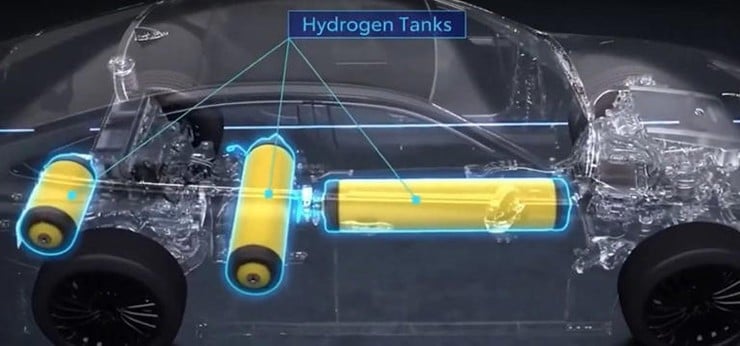






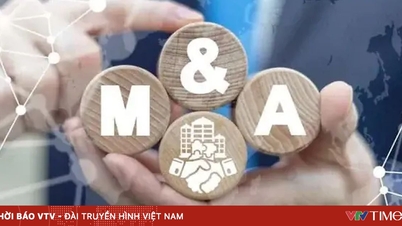



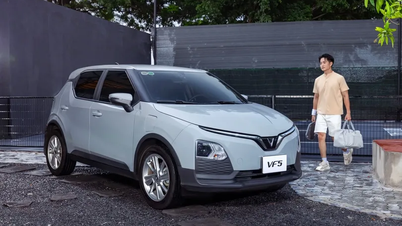





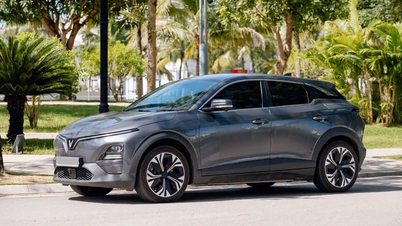


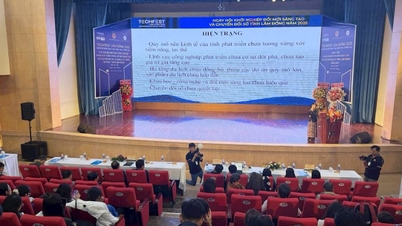
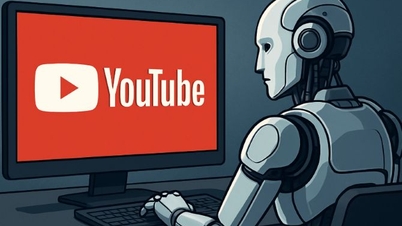
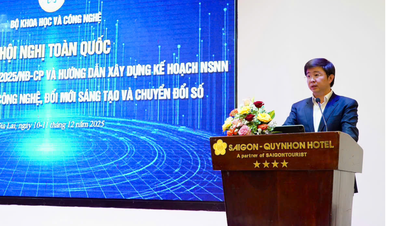

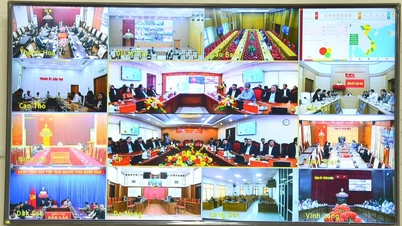
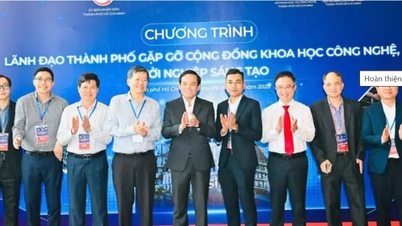




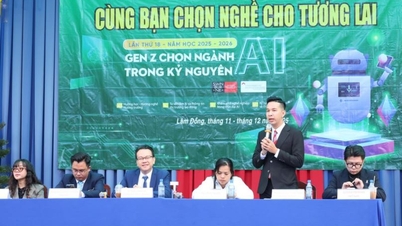

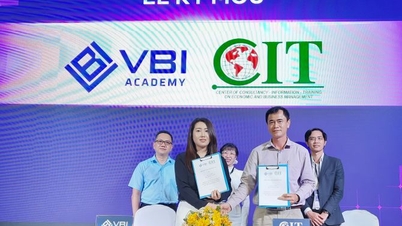
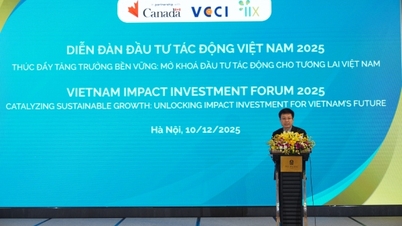
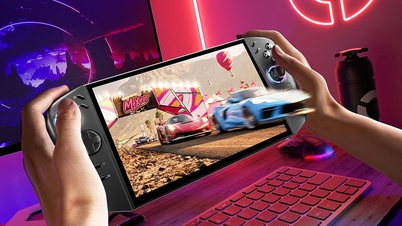
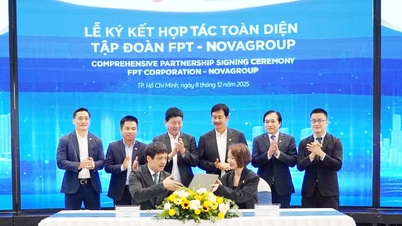





![[Video] The craft of making Dong Ho folk paintings has been inscribed by UNESCO on the List of Crafts in Need of Urgent Safeguarding.](https://vphoto.vietnam.vn/thumb/402x226/vietnam/resource/IMAGE/2025/12/10/1765350246533_tranh-dong-ho-734-jpg.webp)




































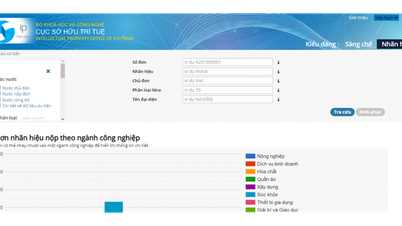
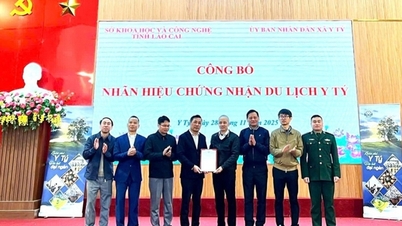
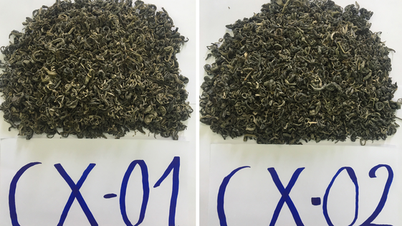






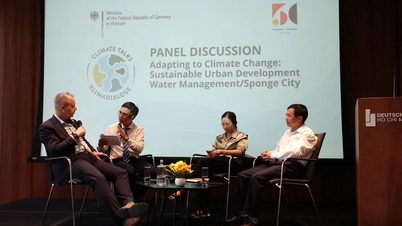
























Comment (0)